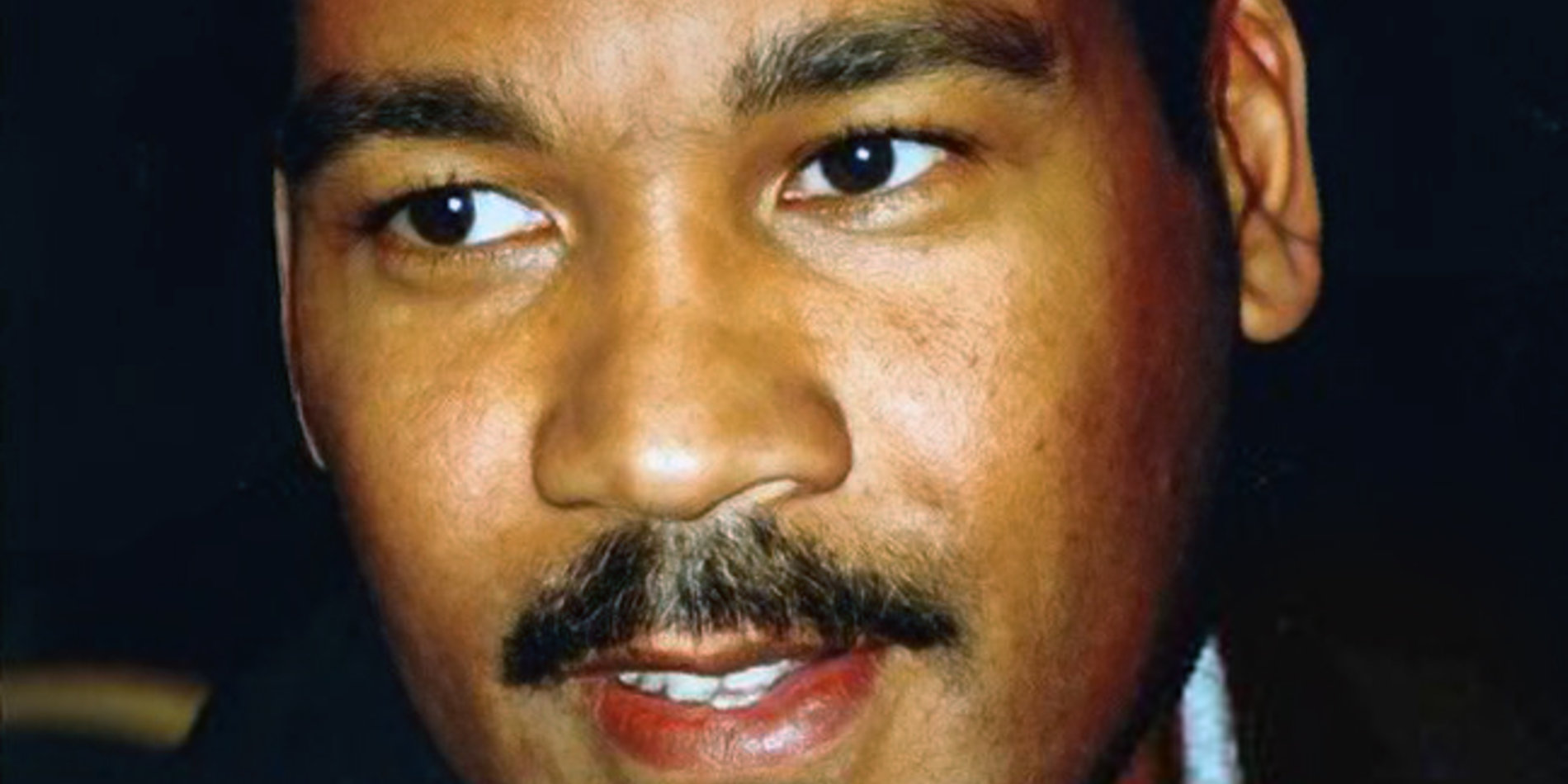Bob Fitch, Activist Photographer

Photo by Clayborne Carson
After a career distinguished by peripatetic political engagement, photographer Bob Fitch [July 20, 1939-April 29, 2016] died in his sleep at his home in Watsonville, California from complications due to Parkinson's disease. Bob is best known for his images of social justice movements during the 1960s and 1970s and especially for his images of Martin Luther King, Jr., taken while he served as staff photographer for King's Southern Christian Leadership Conference (SCLC) during the period from 1965 to 1968.
Years before first meeting him, I became familiar with Bob's photographic work while selecting illustrations for In Struggle: SNCC and the Black Awakening of the 1960s (1981). Bob's images vividly conveyed the book's theme of militant activism spawned by grassroots organizing. Although movement leaders such as King appear in Bob's images of the June 1966 voting rights march through Mississippi following the shooting of James Meredith, he also captured the private discussion that brought together King and his aides with "Black Power" firebrands Stokely Carmichael and Willie Ricks. I sensed then that the participants in the session in a Greenwood, Mississippi living room must have trusted the photographer who captured their unguarded poses. Only later did I realize that Bob was the only white person at this crucial gathering, which affected the subsequent direction of the Black Freedom Struggle.
After Coretta Scott King asked me to edit her late husband's papers, I learned much more about Bob's unique role as SCLC's official photographer. During the final years of King's life, no other photographer was more able to depict both his public life as a leader and his private moments as a proponent of social gospel Christianity. While choosing a cover for The Autobiography of Martin Luther King, Jr. (1998), I immediately thought of Bob's iconic image of King standing at his desk with a portrait of Gandhi in the background. Amidst the thousands of images of King orating or preaching or marching, this image conveys his contemplative essence and deep intellectual commitment to Gandhian principles.
Soon after editing King's autobiography, I began working with the Roma Design Group in San Francisco to develop a successful proposal for an international competition to design the King National Memorial. Once again, I suggested Bob's Gandhi-King image as best suited for a memorial that would feature King's most memorable words. Although the resulting sculpture did not fully reflect the tone of the image, I later learned that Bob was proud that his photograph had inspired an enduring part of King's legacy. During the past decade, Bob generously agreed to allow his images of King to be closely associated with the King Institute's public outreach, adorning our King Holiday invitations and decorating the entrance to our offices on the Stanford campus. We celebrated his career by honoring him at one of our events.
I was enormously pleased in 2014 when he followed my urging and agreed to established the Bob Fitch Photographic Archive at Stanford University. His generosity and commitment to the cause of social justice was displayed by his decision to allow all of his life's work to become freely available for non-profit educational uses. His archive will insure that future generations will appreciate not only King's legacy but that of all the leaders and grassroots activists who took part in the historic social justice movements of the last half of the twentieth century.
By Clayborne Carson
Related links:
Bob Fitch photography archive – Black Panther Party, Oakland, California
Bob Fitch photography archive -- Cesar Chavez/UFW gallery, 1968-1974
